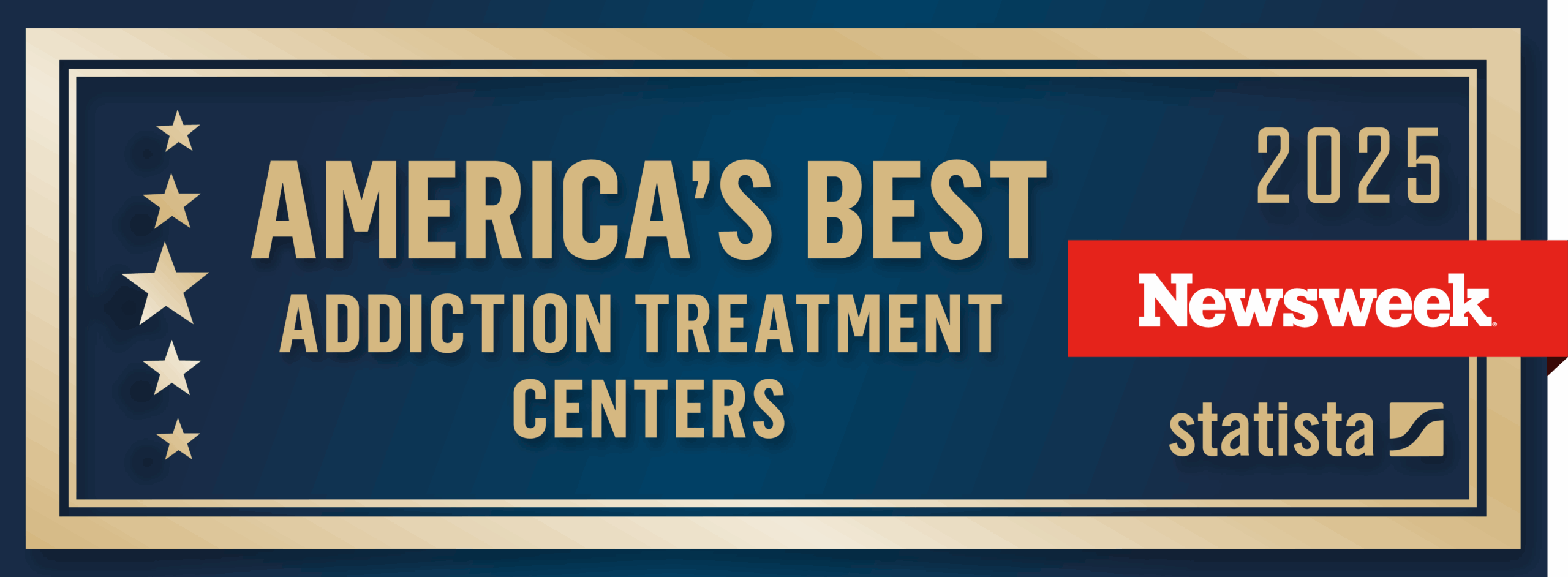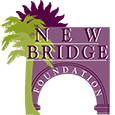
All-Time Winner
 When people think of addiction, they often think of an illicit substance like heroin or cocaine. What many fail to realize is that addiction can begin with medications obtained legally through prescriptions. Addiction to painkillers has increased to epidemic proportions in our society due to medical professionals over-prescribing these powerful drugs over the last few decades. However, breaking the cycle of a painkiller addiction can be difficult without professional help and is more likely to end in relapse when attempted alone. For this reason, it is preferable to seek help from a facility that offers painkiller addiction services like the one at New Bridge Foundation®.
When people think of addiction, they often think of an illicit substance like heroin or cocaine. What many fail to realize is that addiction can begin with medications obtained legally through prescriptions. Addiction to painkillers has increased to epidemic proportions in our society due to medical professionals over-prescribing these powerful drugs over the last few decades. However, breaking the cycle of a painkiller addiction can be difficult without professional help and is more likely to end in relapse when attempted alone. For this reason, it is preferable to seek help from a facility that offers painkiller addiction services like the one at New Bridge Foundation®.
If you are interested in learning more about one of our many substance abuse treatment programs in California, reach out to us today at 866.772.8491.
Signs of a Painkiller Addiction
Knowing the signs of painkiller abuse is the first step to seeking help. Some of the more common signs and symptoms of this specific type of addiction include:
- Increasing dosage – As the body builds a tolerance to the medication, the individual will need to increase their intake of the drug. This means taking more than the recommended dosage from a medical professional.
- Prolonged use – Individuals with a painkiller addiction will often continue to use the medication after the prescription expires. This can lead to behaviors like “doctor shopping,” where individuals will visit multiple doctors to obtain more of the drug.
- Neglecting responsibilities – An addiction to painkillers can cause an individual to neglect their responsibilities at home, work, or school. This is often due to the focus being on securing and using the medication rather than on other important obligations.
- Changes in appearance – An addiction can cause changes in an individual’s appearance, such as weight loss or gain, lack of hygiene, and bloodshot eyes.
- Change in personality – Individuals will begin to show drastic changes in their moods, energy levels, interests, and overall interest in responsibilities and hobbies.
- Problems with memory – Abusing prescription painkillers will often cause memory loss, confusion, and even periods of blackouts.
- Secretive or withdrawn behavior – Those with an addiction tend to hide their behaviors from their loved ones. This can mean hiding money, lying about their whereabouts, and withdrawing from activities they once enjoyed.
After these symptoms are recognized, individuals can begin seeking out a detox program at a painkiller addiction treatment center. The detox phase of treatment allows the individual to rid their body of the medication while remaining relatively comfortable. Once clean from the painkillers, they can turn their focus to getting better while learning how to remain drug-free.
The Need for a Professional Painkiller Addiction Treatment
Someone who suffers from a painkiller addiction often believes they can end their use on their own. However, this can be extremely hard to do. It can be very challenging to stop these medications abruptly. For this reason, medication-assisted treatment can help the body adjust to coming off of the painkiller in a more tolerable fashion. Medical professionals will prescribe these medications when they are needed and necessary. They will also monitor the client throughout the detox process while clinical staff helps you in determining the best course for continued treatment.
In addition to detox, a painkiller addiction rehab center will also provide other levels of care, such as residential and outpatient rehab. This allows each client to receive the full continuum of care they need to achieve lasting recovery.
What to Expect from a Painkiller Addiction Treatment Center
Once you have made the decision to address your substance use, you may be wondering what to expect at a painkiller addiction treatment center.
Assessment
The first step in any quality rehab program is always a comprehensive assessment. A qualified professional will complete a psychosocial assessment that includes your drug and alcohol use history, medical and psychological history, as well as questions related to family, work, and overall functioning. Depending on your use history, you may also be assessed by a medical professional who will determine if there is a need for detoxification services. This will help the staff get to know you and your unique situation.
Detox
After the assessment, if it is determined that you need it, you will begin the detox process. While in our detox program, you will receive 24/7 detox monitoring and, if necessary, prescribed medications to assist you in the detox process. Detox is a vital step in recovery, as it allows your body to rid itself of drugs and start the healing process.
Treatment
Once you have completed detox, you will most likely begin participating in our residential treatment program. While in this phase of treatment, you will learn about the underlying causes of your addiction and begin to develop the tools you need to maintain your sobriety. Clinical staff will have developed an individualized treatment plan that is tailored specifically for you and your needs.
Additionally, individual and group counseling is provided, which can be vital to the recovery process. On occasion, individuals may not be able to participate in residential treatment. In those cases, participation in our outpatient program is recommended.
Aftercare
After you have completed your time in treatment, you will be eligible for aftercare, which is comprised of one group counseling session per week in addition to the comprehensive continuing care plan that was developed during primary treatment. At New Bridge Foundation®, we provide aftercare free of charge for life.
Find Help at New Bridge Foundation®
New Bridge Foundation® was recently ranked one of America’s “Best Addiction Treatment Centers” in a survey conducted by Statista in cooperation with Newsweek. This is the fourth year in a row (2020, 2021, 2022, 2023) that New Bridge Foundation® has had the honor of being included on this list.
New Bridge Foundation® has been assisting individuals gain and maintain sobriety for over 50 years. We are a non-profit located in the San Francisco Bay Area. We provide free evaluations and assessments and seek to help a wide range of clients, from everyday people to veterans and active-duty military personnel.
Our programs include:
- Detoxification
- Short-term residential rehab (Helios)
- Short-term outpatient rehab (Helios)
- Long-term residential rehab (START)
If you or someone you care about is battling prescription drug use, reach out today. To learn more about how our affordable painkiller addiction treatment center can help, reach out to New Bridge Foundation® at 866.772.8491.
